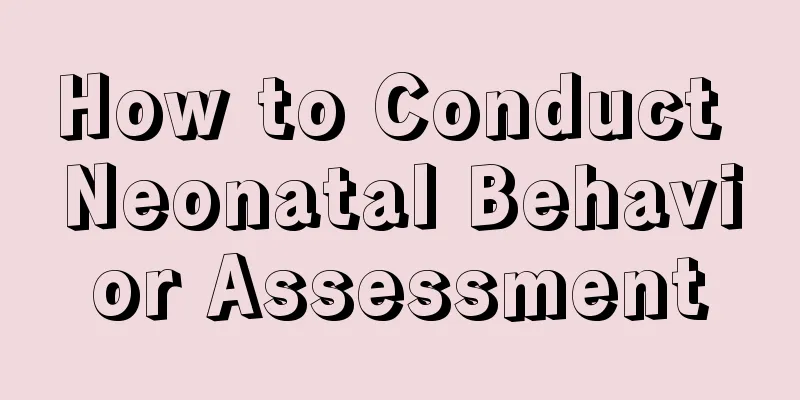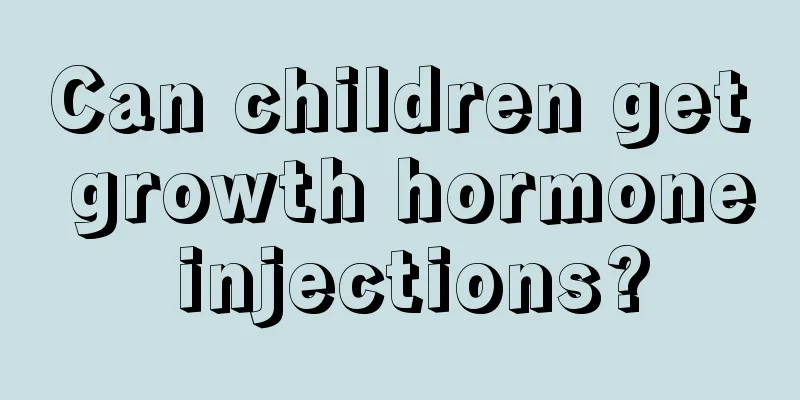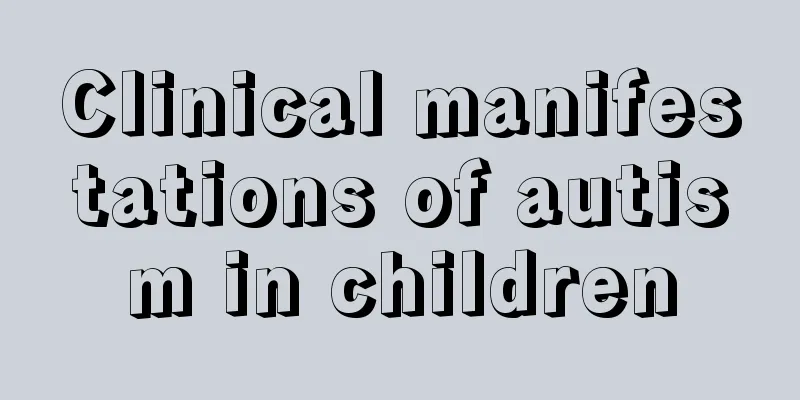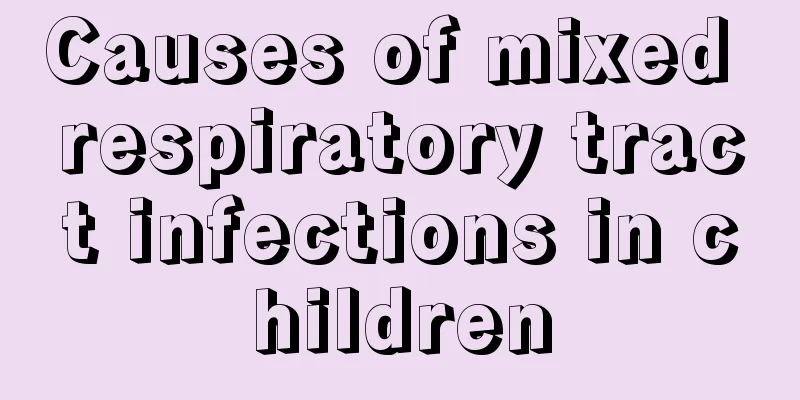How to rehydrate infants with diarrhea and dehydration

|
Diarrhea in babies is a common occurrence. Some of the causes are due to imperfect gastrointestinal function and poor digestion and absorption, while others are due to the baby catching a cold. Severe diarrhea can cause dehydration in babies and may be life-threatening. Many parents do not know how to replenish fluids for babies who have diarrhea and dehydration. In fact, oral rehydration salts can be used to replenish dehydration caused by diarrhea. Oral rehydration salts are used in cases of acute and chronic diarrhea with dehydration. In addition to water, electrolytes are also lost through the intestines, mainly sodium, potassium, etc. Intestinal fluid is alkaline, and excessive loss will cause acid-base balance disorders. Therefore, more severe diarrhea is prone to dehydration, hyponatremia, hypokalemia and acidosis. Clinically, hypovolemic shock, muscle weakness, intestinal paralysis, convulsions and even severe arrhythmias may occur, which can be life-threatening. Oral rehydration salts are a mixed liquid designed for the above situations. In addition to water and glucose that can be directly absorbed, it also contains sodium, potassium and alkaline compounds. The osmotic pressure (simply understood as concentration) is appropriate and can be easily tolerated by the diarrheal intestine. Indicated for mild to moderate dehydration that can tolerate oral administration.Most of the so-called "sports drinks" on the market contain added sucrose, which is difficult for the intestines to absorb during diarrhea; the electrolytes are mainly trace amounts of sodium, and most do not contain potassium or alkaline compounds; the osmotic pressure is not designed for diseased intestines and is not suitable for children with diarrhea and dehydration. For children who refuse oral rehydration salts, it is generally recommended to try small amounts multiple times; or try again with a small amount of apple juice or orange juice to adjust the taste; as a last resort, consider intravenous rehydration.
Early symptoms of dehydration are simply thirst, crying, and eager drinking of any liquids given to him. These symptoms indicate that the baby is dehydrated. In mild dehydration, the patient initially appears normal, but as dehydration increases, the infant becomes irritable and debilitated. Eventually the patient falls into a coma and then loses consciousness; they become weak all over and their hands and feet become cold. This condition is called shock. Under normal circumstances, the skin is elastic. If you pinch a piece of skin on the abdomen, shoulders, neck or upper limbs of a normal child with your thumb and index finger, the skin will immediately bounce back and become flat once you let go. When dehydration occurs, the skin is slower to flatten, and if the patient is severely dehydrated, it may take several seconds for the skin to flatten again. The loss of fluid causes the tissue behind the eye to shrink, making the eyes appear sunken and dry. When a baby is dehydrated, the soft spot on the top of the baby's head, the fontanelle, will sink; the pulse rate will increase, and each pulse beat will be weak. In severe dehydration, wrist pulses may disappear entirely, and pulses may only be felt in the groin or neck. Such patients are close to death. Loss of the ability to urinate is a common symptom, and restoration of normal urine is an excellent sign that the patient has returned to normal hydration status. |
<<: Does toilet water have any effect on babies?
>>: Yellow discharge in newborn baby
Recommend
Should children with swollen and painful gums receive intravenous injections to reduce inflammation?
It is quite common for children to have swollen a...
Can babies eat leeks? Eating right is important
For adults, leeks have always been a very good fo...
What are the symptoms of acute tonsillitis in children?
Acute tonsillitis is more common in children. Com...
Treatment for two-month-old baby's cough and nasal congestion
A two-month-old baby's cough and stuffy nose ...
How to solve the baby's cough at ten months old
Ten months is a special period for babies. Babies...
What to do if your baby has mouth ulcers
Mouth ulcers are a very common symptom, which are...
What should I do if a girl has lice on her head?
Everyone knows about parasites called lice. This ...
Mixed feeding vomits when drinking breast milk
The gastrointestinal structure of babies is diffe...
The child felt nauseous after taking the anti-inflammatory injection and vomited all the medicine after taking it.
In life, many children are particularly susceptib...
Height of one year old baby
One-year-old infants and toddlers are in a period...
Psychological problems of children of divorce
The divorce rate in today's society is gettin...
What causes neonatal retinopathy?
Newborns will face many diseases after birth. New...
What causes headaches in teenagers?
We all know that the intellectual development of ...
How much does a baby gain during the confinement period?
A baby's weight is a very important indicator...
What is the secret to children's growth?
Whether a child can grow taller depends on many f...









